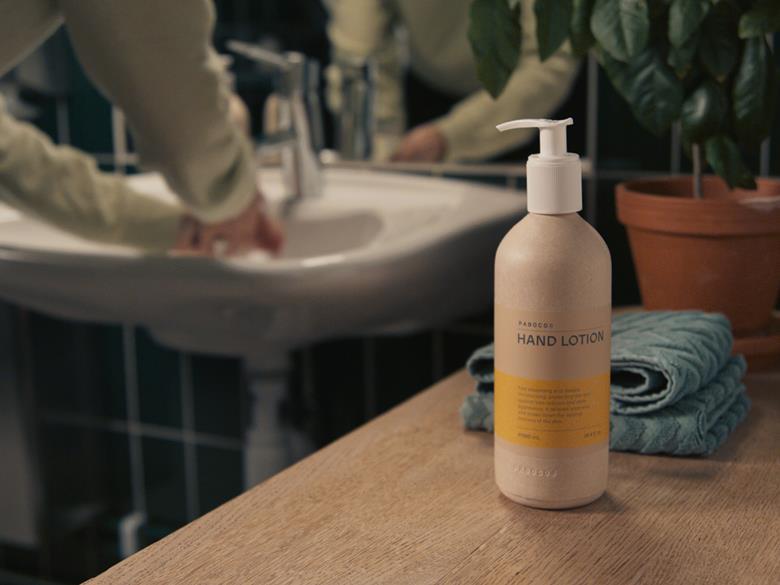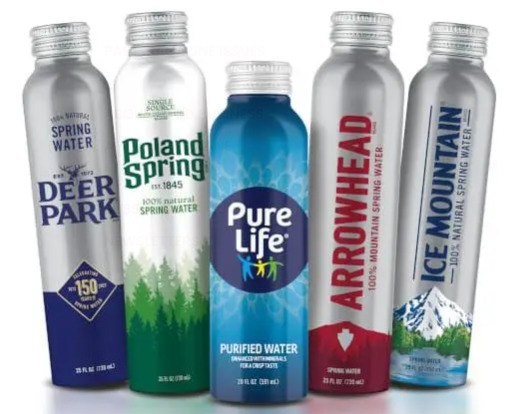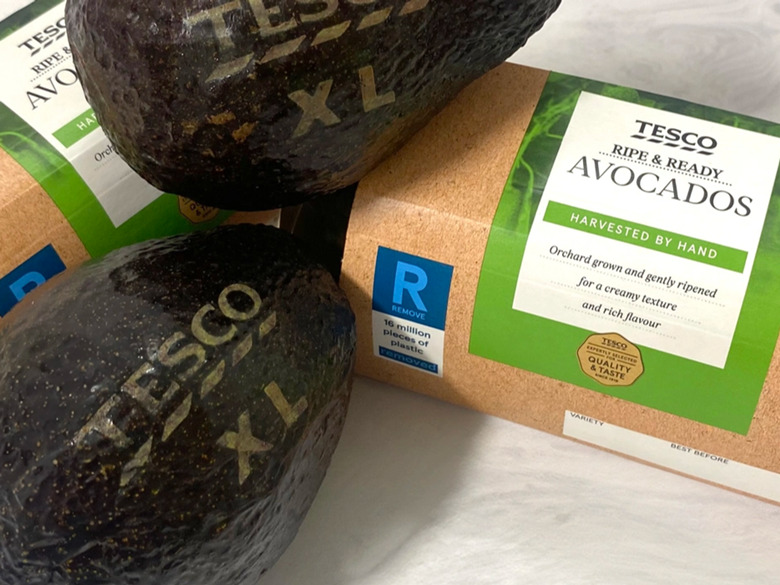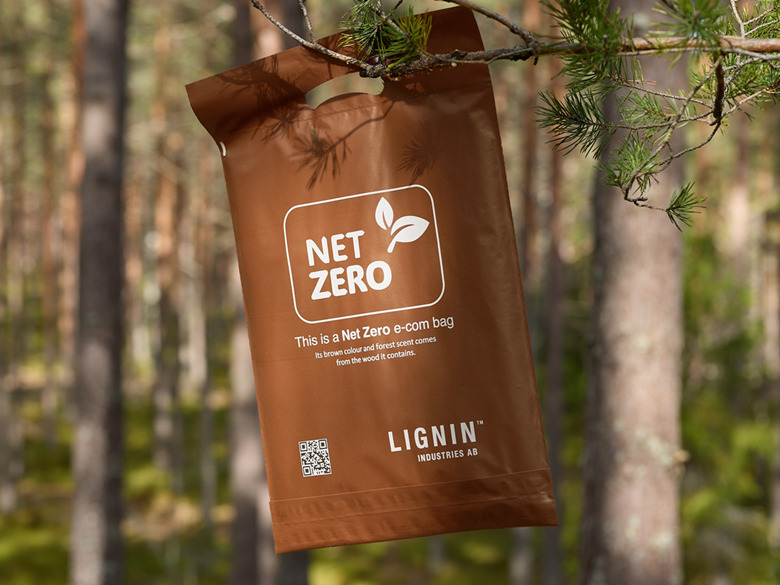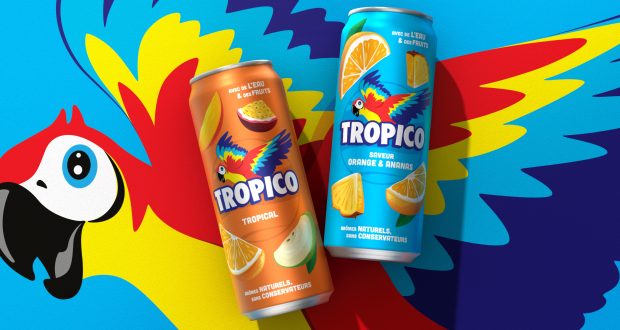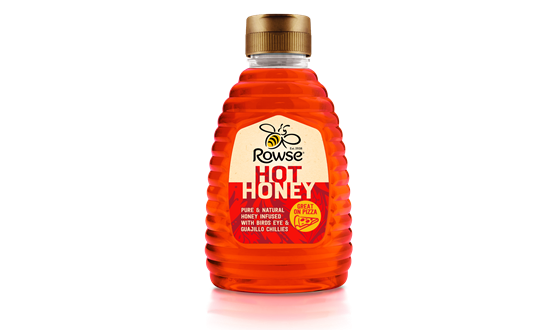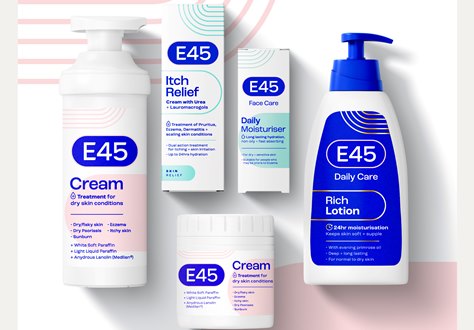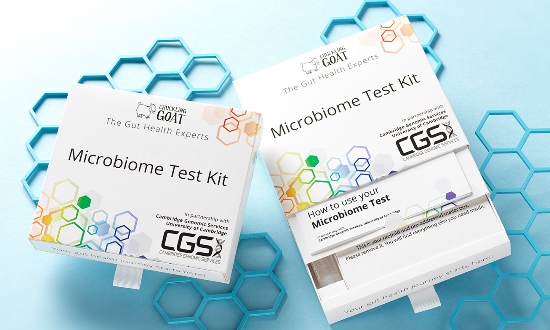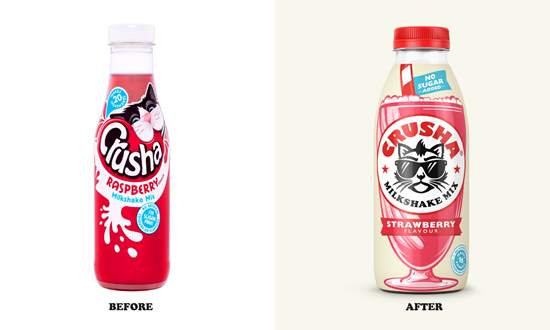The urgent need to eliminate single-use plastic packaging and drastically reduce waste has become a pressing business imperative. However, despite the evolution of technology and the availability of innovative solutions that enable smart and sustainable practices, much of the industry remains mired in outdated paradigms, resistant to the major shifts required, says Nevo Hadas of digital transformation consultancy DY/DX.
“We are at a pivotal moment where the technology exists to make significant strides towards sustainability in retail. A true circular economy solution is not just about recycling, it’s about completely rethinking how products are packaged and delivered to consumers, reducing waste and improving efficiency, while still increasing sales,” says Hadas.
Despite the clear benefits and the pressing need, Hadas says the industry’s response to finding solutions that reduce plastic has been tepid.
“While profit-drivers like new product trials receive substantial funding and resources, pilots focusing on packageless retail and sustainability are often underfunded and under-resourced,” says Hadas.
“Retailers may claim slow consumer adoption, but they run pilots that can only fail by choosing to poorly implement trials in the back corners of stores and by selecting sustainable options that are too expensive. Dispensing technology is often based on gravity bins and scales, which many research reports indicate have significant usability flaws for consumers. There’s an urgent need for retailers and manufacturers to boldly embrace innovation in this area, and invest in technology that offers real solutions.”
Hadas points out that in many countries, retailers already provide purchase options from bulk sections.
“Packageless retail, done well, reduces wastage, increases hygiene and improves the customer experience significantly. It allows bulk sales to move out of a wall at the back of the store, right to the aisle. It gives consumers a wider choice.”
“The retail sector’s slow movement towards packageless solutions mirrors the hesitancy seen in other industries disrupted by technology. Yet, those who have embraced change, have seen substantial benefits. Others were left behind.”
Signs of progress
The Smartfill IoT dispenser, an innovation developed through a partnership between DY/DX and retail solutions provider Smollan, is a case in point.
This IoT dispenser is poised to transform traditional retail shelf models by enabling packageless sales, significantly cutting down on single-use plastics, driving product affordability in developing nations and aligning with the growing demand for sustainable shopping experiences.
This aligns with the principles of the circular economy, aiming to minimise waste and make better use of resources.
By enabling packageless sales and reducing single-use plastics, innovations such as these contribute directly to several United Nations Sustainable Development Goals.
Specifically, it promotes responsible consumption and production (Goal 12), supports climate action (Goal 13) through waste reduction, and fosters partnerships for the goals (Goal 17) by leveraging technology for sustainable retail solutions.
“The OECD projects a 67% increase in global plastics use by 2040,” says Hadas.
Packageless pilot shows strong consumer demand
The Smartfill system has already demonstrated its value and viability through pilots at leading retailers like Spar and collaborations with global brands such as Unilever. These initiatives have shown that not only is packageless retail possible, but it also offers a compelling business case.
The case studies demonstrate how the technology can be successfully integrated into a retail setting, offering customers a convenient and eco-friendly way to shop. Customers can use their own containers or paper bags, fill them with the desired amount of product from Smartfill dispensers, and only pay for the product they take.
“Everybody tells you customers are not interested in packageless refill options. However, Smartfill pilots demonstrated strong consumer demand, with 40% of the users coming back,” says Hadas.
Consumers purchased varied amounts that were not prepackaged on shelves, while the retailer enjoyed higher margins by selling from bulk at small-size prices, Hadas explains. “The pilot tripled the sales of product under 1kg, moving over 550kg of product. We outperformed 3m of shelf space in 30cm.”
Offering zero plastic packageless options could enhance affordability for developing markets, rather than being limited to eco-friendly elites and speciality stores, according to Hadas.
Packaging costs contribute significantly to the overall price of products and services, up to 40% of the total cost in cases.
Research conducted in Smartfill trials in South Africa and Kenya with Spar and Tiger Brands showed that gross margins for retailers increased by an impressive 17% to 32%, depending on the product, demonstrating that the unpackaged approach can be economically viable for both consumers and retailers.
Needs of the customer
Understanding customer behaviour and usage patterns is crucial in this transition. Hadas argues that the current pre-packaged retail paradigm simply does not consider the benefits of allowing consumers to purchase exactly what they need.
A Unilever pilot in Bangladesh showcases the adaptability of Smartfill technology. The project focused on delivering personal care products in a packageless format, demonstrating that even industries heavily reliant on traditional packaging can successfully embrace this new approach.
While small-quantity sachets were thought to be a favoured choice, a shift to dispensing machines with the option of small bottles soon showed that this option was preferred by customers and led to more efficient use, without the waste that sachets create.
Hadas believes that engaging with customers and clients about the reality of how they use products can lead to unexpected insights. “By challenging the limited options available in the traditional retail world and truly understanding customer needs, there is an opportunity to rethink and innovate for better sustainability and efficiency in retail practices.”
Overcoming barriers
The industry cites consumer convenience and perceptions, regulatory and health concerns. Supply chain and logistics and lack of infrastructure as barriers to packageless retail.
However, the biggest barrier is industry response to innovation in this area, says Michael Smollan, director of international retail solutions company, Smollan.
“It frustrates me that we do not adopt viable solutions to global problems faster,” says Smollan.
“Solutions like Smartfill can solve the devastating plastic problem in a smart, user-friendly, data-driven and cost-neutral way, yet due to a combination of inertia and legacy systems, mainstream adoption is much slower than it should be. It takes brave and future-facing people to partner with, to take a risk and ultimately do the right thing, even if it’s not the easiest thing at the time.”
The call to action for retailers, brands, and manufacturers is clear: the time to embrace packageless retail solutions is now, says Smollan.
Collaboration across the industry, along with supportive policies and consumer education, will be key to accelerating the adoption of package-free retail solutions and achieving the environmental benefits.
“The technology exists, the business case is compelling, and the environmental imperatives are undeniable. It is time for the industry to move beyond lip service and take bold, decisive steps towards sustainability. Let’s rethink the possibilities, embrace available innovation and technology, and lead the charge towards a more sustainable and responsible future.”
Source:

